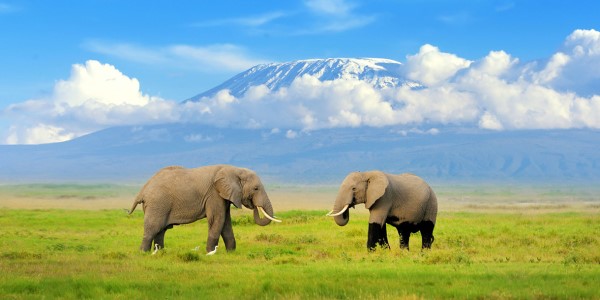The Vedas are the world’s oldest form of literature. They are written in Sanskrit, India’s ancient language. They hold Hinduism’s sacred scriptures, which are said to be records of revelations discovered by ancient seers and sages.
Atharva Veda, one of the four Vedas, was compiled in approximately 900 BCE. It is in this body of knowledge that India’s ancient medical practice is comprehensively and systematically outlined.
In Ayurvedic practices, treatment is specifically created for each person and will largely depend on the state of his or her dosha. In particular, an Ayurvedic practitioner will assess the composition of a person’s dosha and the illnesses he or she is experiencing. It is only then that the Ayurvedic practitioner will recommend a specific treatment for the illness or imbalance. Practitioners of Ayurveda believe that the manifestation of illness is not the same for all people, and that sickness will vary based on how their bodies manifest the symptoms.










